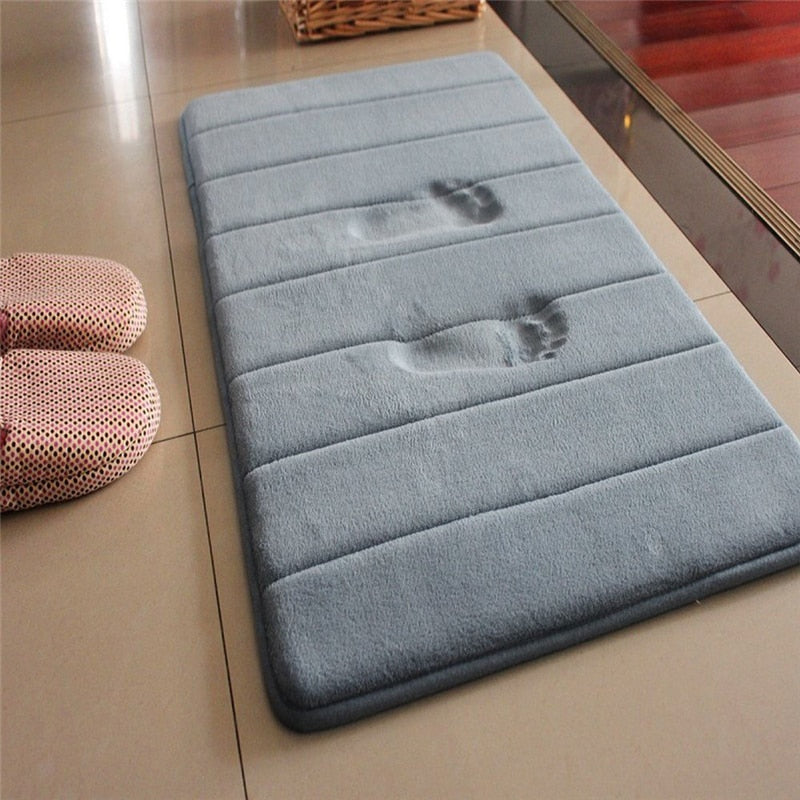
4 Tips To Lose Weight While Sleeping

Do you dream of losing weight without making any effort? Here’s how to help your body burn a few extra calories while you sleep. The meal If you eat a large meal shortly before going to bed, your body will need a lot of time to digest it .
During the deep sleep phase, the brain releases a growth hormone. By eating late at night, this hormone will store the food found in the digestive system in the form of fat instead of fuel .
Meal
If you eat a large meal shortly before going to bed, your body will need a long time to digest it. During the deep sleep phase, the brain releases a growth hormone.
By eating late at night, this hormone will store the food found in the digestive system as fat instead of fuel.
The same is true for alcohol: consumed shortly before bedtime, the body will work to metabolize it during sleep, which prevents it from reaching the deep sleep phase.
A glass of wine at dinner is perfectly acceptable, but it is best to stop drinking alcohol three hours before going to bed.
Curtains
If you sleep in a room exposed to outside light, consider installing blackout curtains or blinds. Also turn off all standby lights as well as screens that emit blue light (smartphone, television, tablet).
According to a study cited by Reader’s digest, when we are in total darkness, the body produces the hormone melatonin which helps us sleep better and burn calories.
Temperature
The body works more to maintain a high body temperature, and thus burns energy when the bedroom is cool. Turning the thermostat down a couple of degrees can help you burn up to 100 extra calories in 24 hours of sleep.
Another tip: sleep naked. This technique also makes it possible to decrease the temperature of the body, and therefore to make it work during the night.
Rest time
A new series or a very addictive book prevents you from sleeping seven to eight hours a night? Think about the benefits of a sufficiently long night’s sleep.
The resting energy expenditure of people who sleep an entire night is 5% higher than that of people who do not sleep enough.
Research has shown that lack of sleep makes fat cells less sensitive to insulin. And this metabolic change is linked to obesity.










